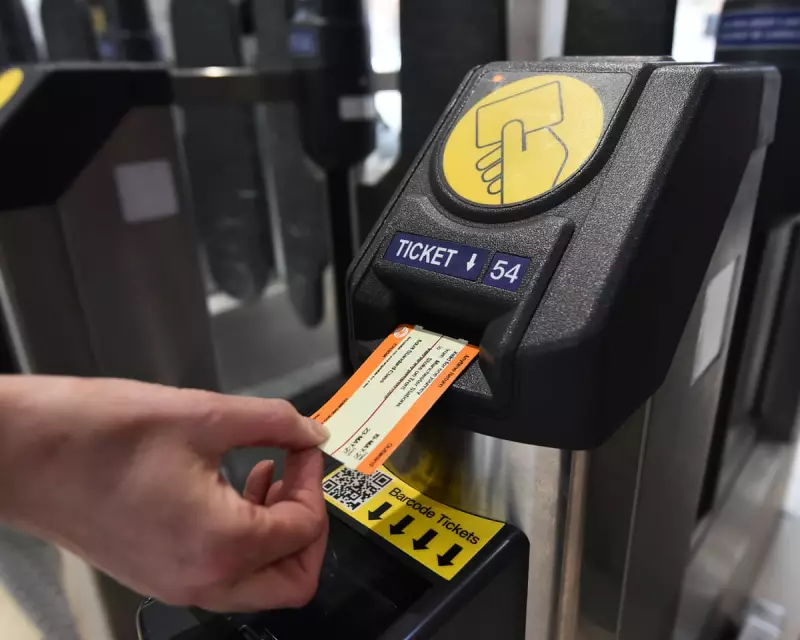
Rail passengers across England have received welcome news as the government confirms a complete freeze on regulated train fares for the coming year. The announcement, made as part of the 2026 budget plans, means travellers will see no increase in their rail costs during a period of ongoing financial pressure for many households.
Details of the Fare Freeze
The Treasury has confirmed that regulated rail fares in England will be frozen in the 2026-27 financial year. This decision affects approximately 45% of all rail fares, including season tickets on most commuter journeys and some off-peak return tickets on long-distance routes.
The freeze represents a significant departure from previous years when fares typically increased each January, often using the Retail Prices Index (RPI) measure of inflation from the previous July plus an additional percentage point. With current RPI standing at significantly higher levels than the government's target inflation measures, this decision provides substantial relief to regular rail users.
Financial Impact on Passengers
For the average commuter, this freeze could mean savings of hundreds of pounds compared to what they might have expected to pay under previous pricing formulas. A season ticket holder spending £3,000 annually would save approximately £150 compared to a typical 5% increase that would have aligned with recent inflation trends.
The decision comes amid ongoing debates about the affordability and reliability of rail services in England. Passenger groups have long argued that fare increases have outpaced both wage growth and service improvements, making rail travel increasingly unaffordable for many regular users.
Political and Economic Context
This announcement forms part of the government's broader transport strategy and comes at a time when ministers are seeking to encourage more people back onto the railways following pandemic-related disruptions to travel patterns.
The Treasury emphasised that the freeze will be funded through existing departmental budgets, though specific details about how this will be managed within the Department for Transport's allocation have not been fully disclosed. Critics have questioned whether this might lead to reductions in service quality or infrastructure investment, though government sources have denied this would be the case.
Campaigners have welcomed the move but caution that a single-year freeze does not address longer-term concerns about rail fare structures and the overall cost of train travel in Britain. They argue that more fundamental reform is needed to create a simpler, fairer fares system that encourages rather than discourages rail use.
The fare freeze applies only to England, as transport policy is devolved to Scotland, Wales, and Northern Ireland. The devolved administrations will make their own decisions about fare levels for the coming year.





